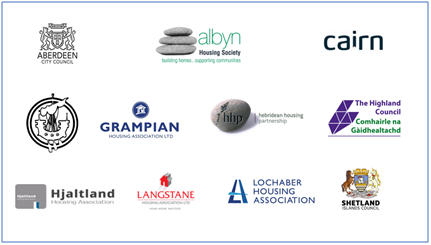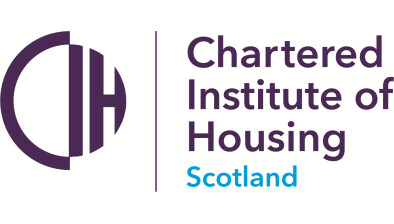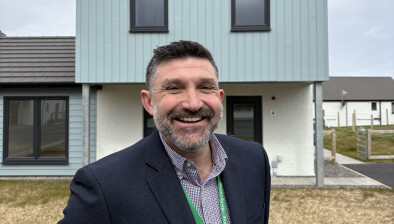Learning lessons in homeless prevention
A report has been launched into a project in which four local authorities and seven housing associations, funded by the North and Islands Homelessness and Housing Options Hub and managed by Scotland’s Housing Network, explored enhanced practices in relation to section 11 notices.

Section 11 notices must be issued to local authorities by housing associations, private landlords and mortgage creditors whenever court action is being started to repossess a property. The notice alerts the local authority to potential homelessness.
During the project, homelessness was prevented in up to 98% of cases and homelessness reduced year-on-year by up to 69%. The principles of the project practice were:
- intervening earlier in the repossession process;
- the sharing of practically useful information, that helps the local authority to engage with the tenant more effectively, and
- effective joint working following serving of the section 11 notice, joint meetings, joint letters, between the landlord and the homelessness authority.
A further learning point from the project was around the commitment to the resourcing of homelessness prevention. The primary focus is often on the requirement to service statutory homeless applications, but the resource required to prevent homelessness would always be less than the resource required to provide temporary accommodation for a homeless household and support them into a new permanent tenancy.

Allan Jones & Dena Macleod
Allan Jones, North and Islands Hub lead and homelessness and options manager with Aberdeenshire Council, expressed his gratitude to all the organisations that had worked to deliver the project: “These outcomes will make genuine differences to households threatened with homelessness. It is gratifying to realise the potential benefits the work of our Hub and its partners will achieve.”
Dena Macleod, chief executive of one the project participating housing associations, Hebridean Housing Partnership, added: “The current COVID-19 crisis is a stark reminder that prevention of a problem is always the best approach, so it is no surprise to see earlier intervention, effective information-sharing and joint working feature as key lessons in the project. We are committed to working with our partners to ensure these principles become more than findings in a report by embedding them into our day-to-day work.”
As the sector pulls out of the current pandemic, homelessness prevention is going to be a particular focus, and with the increase in evictions anticipated as emergency measures are lifted, this report could barely be more timely.
Thanks are due to all the staff teams of the participating organisations who went the extra mile to support this project and its learning outcomes. The four local authorities involved were Aberdeen City Council, Comhairle nan Eilean Siar, Highland Council and Shetland Islands Council, and the housing association partners were Grampian HA, Langstane HA, Hebridean Housing Partnership, Albyn Housing Society, Cairn HA, Lochaber HA and Hjaltland HA.
The full project report and a brief webinar about the project can be found at Scotland’s Housing Network website. For more information, contact tim.pogson@scotlandshousingnetwork.org.








